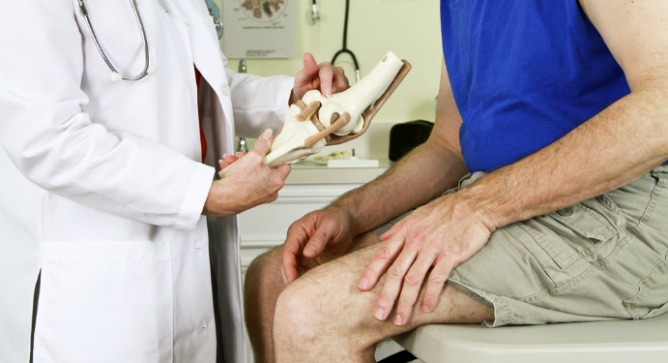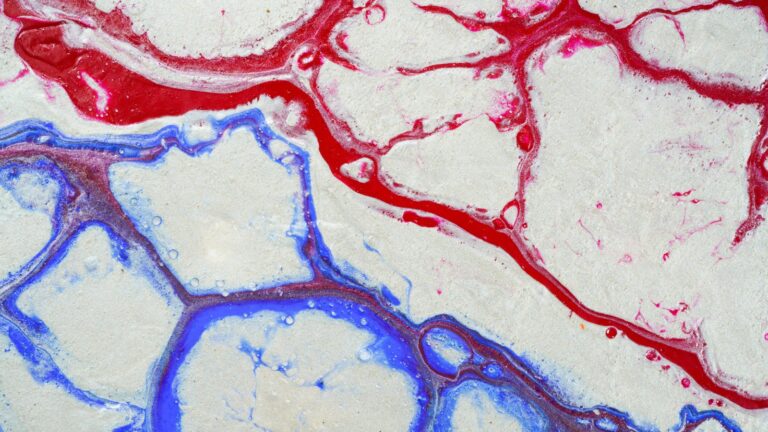If you get a cut, break a bone or scrape an elbow, your bloodstream brings the injury all the necessary nutrients for healing. But if your cartilage gets damaged, you’re out of luck. This flexible soft tissue that cushions joints – especially in the knee – has no blood vessels and therefore little ability to heal itself.
However, a privately held Israeli medical device company is now offering a safe and effective, novel off-the-shelf cartilage regeneration solution in a global market worth an estimated $1.6 billion annually.
Spread the Word
• Email this article to friends or colleagues
• Share this article on Facebook or Twitter
• Write about and link to this article on your blog
• Local relevancy? Send this article to your local press
CartiHeal’s trademarked Agili-C can be implanted in a single-step arthroscopic procedure. In clinical studies, it was shown to regenerate true hyaline cartilage (the most abundant type of cartilage in the human body) after six months.
Founder and CEO Nir Altschuler tells ISRAEL 21c that this is a breakthrough in the field — the “Holy Grail” in orthopedics — because other experimental treatments generate only “hyaline-like” cartilage, which is actually a non-lasting fibrous tissue rather than the real deal.
“Our clinical results, to date, confirm rapid cartilage and bone formation, as clearly visible on MRIs and X-rays,” says Altschuler. “Patients are reporting significant improvement in pain level and return to normal function, including sports.”
The implant has earned the European Union’s CE Mark of approval, and the company is currently running post-marketing clinical studies at leading centers in Europe.
Cartilage can’t self-repair
There are approximately 1.2 million cartilage repair procedures performed annually worldwide, and these surgeries mainly aim for pain relief since it hasn’t been possible until now to regenerate true hyaline cartilage.
Altschuler says Agili-C has the potential to heal the problem at an early stage and halt further joint degeneration, and therefore might have the potential to prevent the need for more radical procedures, such as knee replacement, down the road.
The implant provides a scaffold that enables stem cells to climb up from the bone marrow, form vessels within the scaffold and regenerate tissue, Altschuler explains.
Within a few months, the top layer becomes cartilage while the bottom layer becomes bone – each identical to the body’s own tissues. The regenerated cells gradually dissolve the implanted scaffold and the joints are nearly as good as normal.
The first patient to receive Agili-C was a 47-year-old Slovenian man, a former athlete whose knee cartilage was damaged due to a volleyball injury six years before the June 2011 surgery. Unable to enjoy sports, he suffered on and off from knee swelling and pain.
Six months after receiving the Agili-C implant, the patient was on the ski slopes. A year from his surgery, he completed a 180K cycling marathon, according to company officials.
“The X-ray and MRI images are promising,” says Altschuler. “At six months you can see signs of cartilage formation and at a year it is nearly fully regenerated. The newly formed cartilage is hyaline cartilage, the body’s native cartilage, distinguished by its specific type of collagen.”
Altschuler founded CartiHeal in 2009 as a portfolio company of Peregrine Ventures’ Incentive Technological Incubator. Today, CartiHeal is backed by a recent financing round of up to $10 million from Accelmed, Access Medical Ventures and Elron.
For more information, write to info@cartiheal.com.
*Image via Shutterstock.com

















